
Is there anybody out there? Life beyond us and how much closer we are(n’t) to the answer
As we come closer to exploring farther reaches of space, one question that still eludes us is the evidence or the viability of extraterrestrial life.

As we come closer to exploring farther reaches of space, one question that still eludes us is the evidence or the viability of extraterrestrial life.

As conservation and environmental issues persist, researchers highlight the importance of all species of bee and how systematics and taxonomy can help save them.
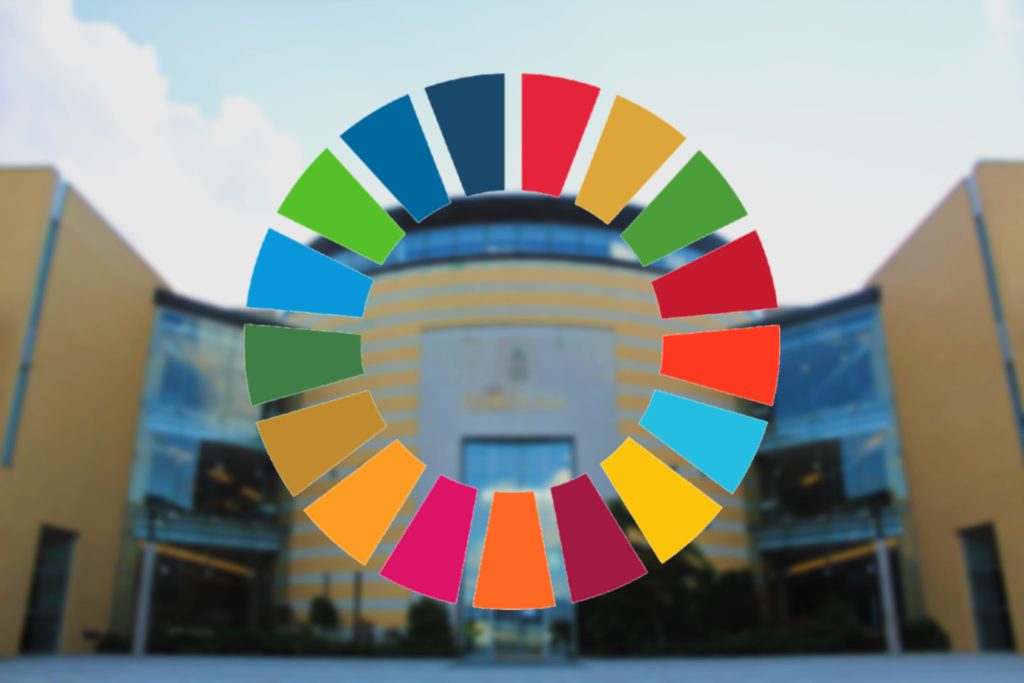
As part of their commitments to the UN’s Sustainable Development Goals initiative, York released a report detailing their progress towards bringing positive change on a local and global scale.

Environmental protests halt Rio Tinto’s lithium mine project in Jadar after concerns raised that excavation will cause irreversible ecological damage.
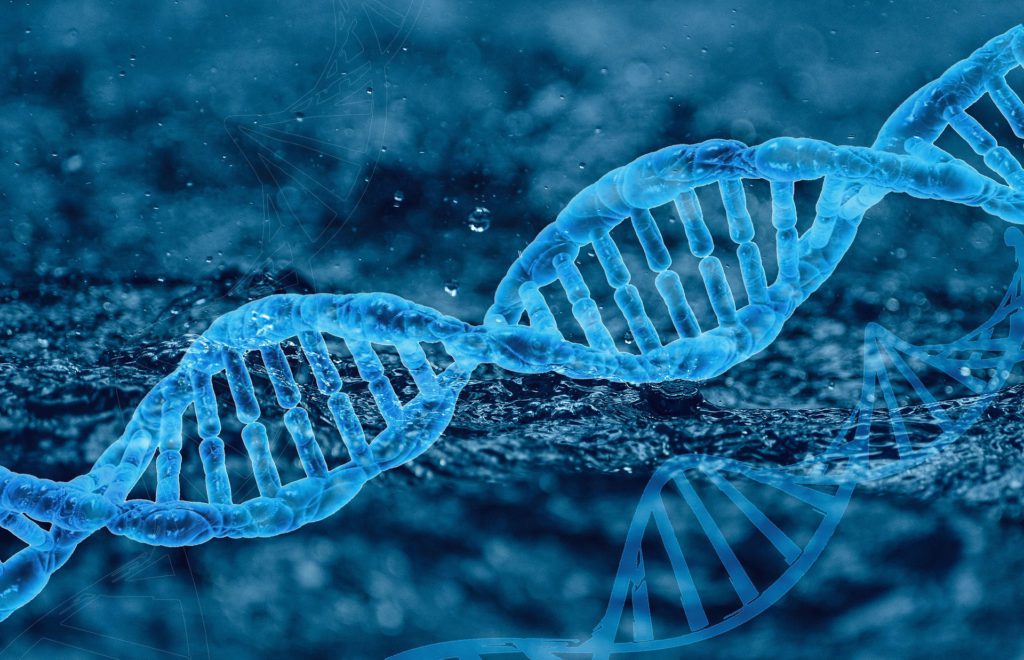
Professor Elizabeth Clare and her team have devised a method to successfully pull eDNA from the air within controlled environments.

As studies show the links between alcohol consumption and cancer, advocates and medical professionals push for warning labels on products.
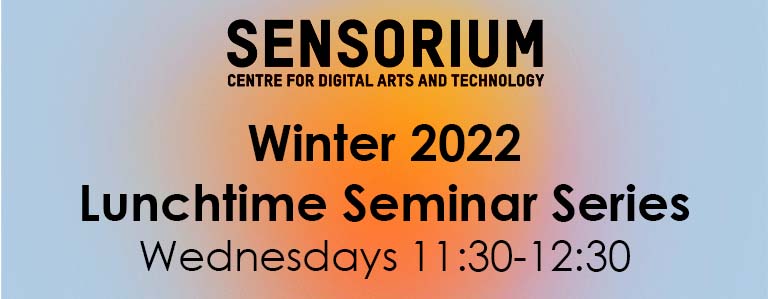
The York community reacts to Sensorium hosting a weekly seminar series of scholarly artists discussing their work and passions.
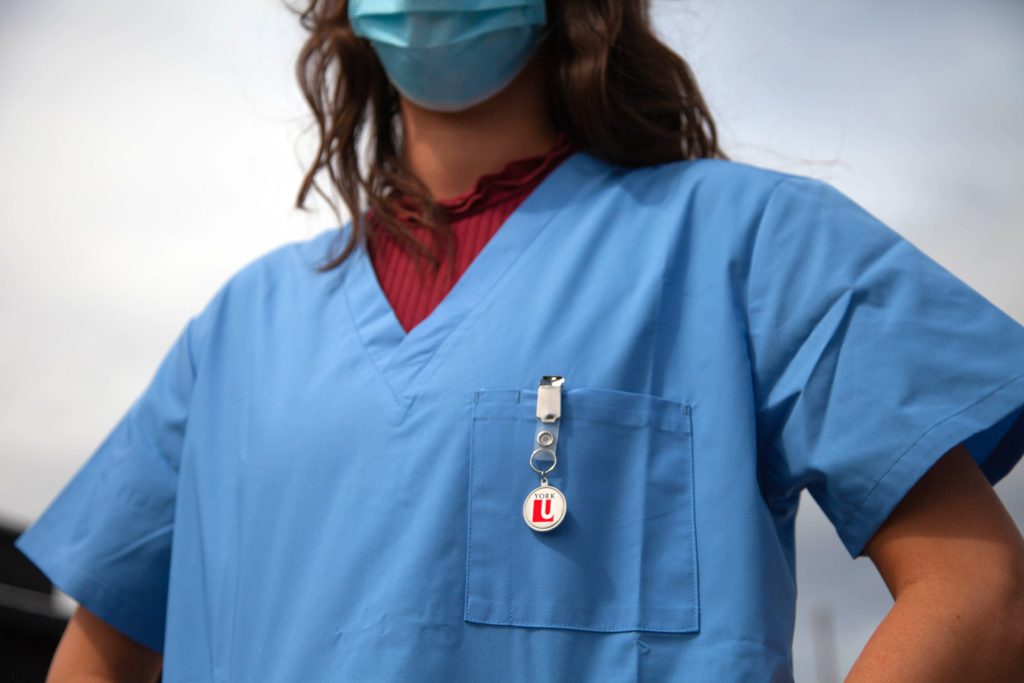
Recent milestones for the Faculty of Health include major progressions for the nursing program and students.

As recent studies show a persistent gender gap within undergraduate STEM programs in Canada, students offer insights as to how York can better support their women in STEM.
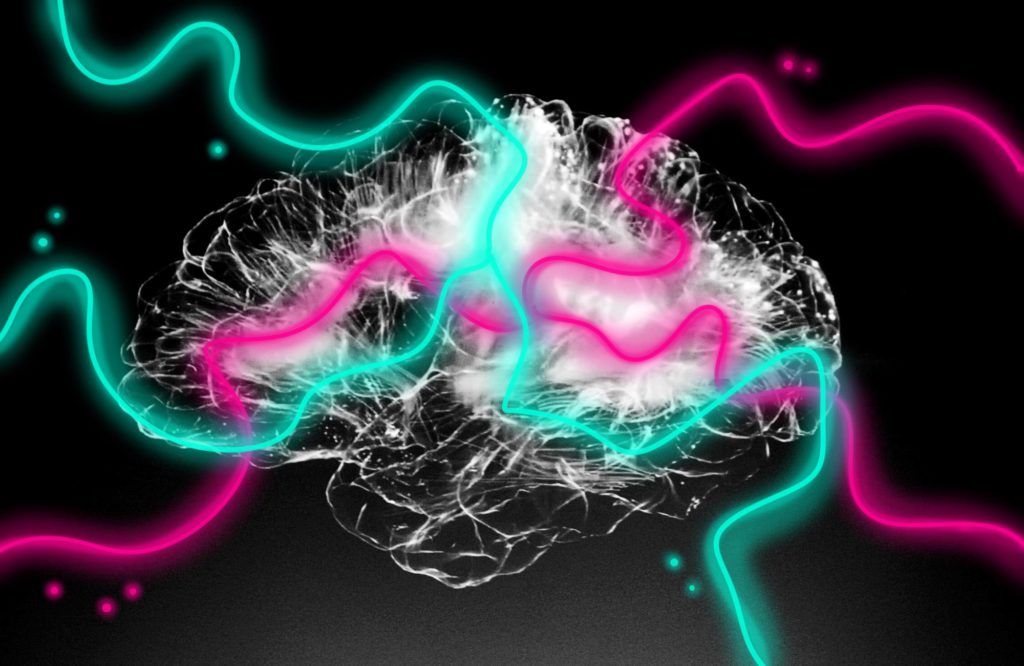
Applications of artificial intelligence in the mental health sector include wearable technology and chatbots, while questions of data protection remain primary concerns.